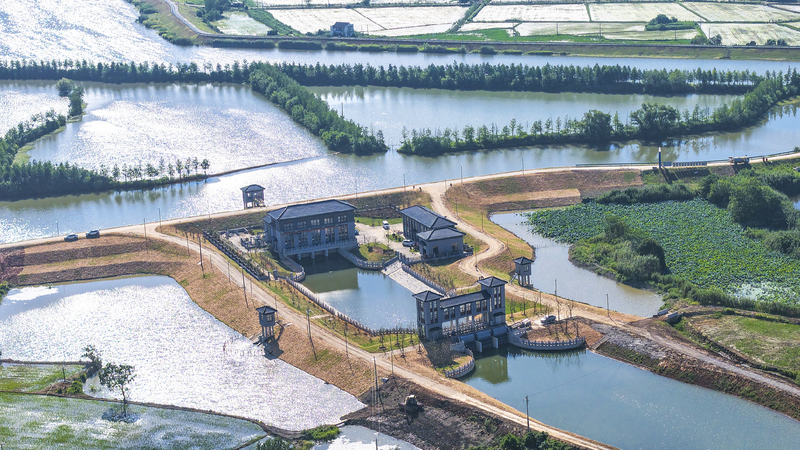Hey there, science enthusiasts! 🌟 Welcome to this week’s Science Saturday, where we dive into some amazing discoveries and important happenings in our world and beyond. Let’s get started!
🔥 California Wildfires
Have you heard about the massive wildfires in Southern California? 🔥 These fires are causing a lot of damage, and here’s why they’re happening:
- Strong Winds: Powerful winds called Santa Ana winds are blowing at speeds up to 161 kilometers per hour! That’s faster than cars on a highway.
- Extreme Drought: Lack of rain means the plants are super dry, making it easier for fires to start.
- Overgrown Plants: Earlier rains made lots of plants grow, but they dried out in the heat, becoming fuel for fires.
- Power Lines: Strong winds knocked down power lines, which sparked and started fires.
Experts say that climate change is making these extreme weather events more common. It’s a serious reminder of how important it is to take care of our planet! 🌍
🌡️ Global Warming
Speaking of climate change, did you know Earth had its hottest year ever in 2024? 😲 It was even hotter than 2023! Temperatures have risen past the limit of 1.5 degrees Celsius set by the 2015 Paris climate agreement.
But what’s causing this? The main reason is the buildup of greenhouse gases like carbon dioxide in the atmosphere. These gases come from burning coal, oil, and gas for energy. They trap heat, making the planet warmer.
It’s like wearing a big, heavy blanket on a hot day! 🥵 That’s why reducing pollution and using clean energy is so important.
❄️ Ancient Ice Discovery
Now, let’s cool down with some icy news! Scientists in Antarctica have drilled almost 2.8 kilometers into the ice to find ice that’s at least 1.2 million years old. 🧊 That’s even older than the oldest ice they found before, which was 800,000 years old!
Why is this important? Ice cores like these are like time machines. They have tiny air bubbles that tell us what Earth’s atmosphere was like long ago. Scientists found that greenhouse gas levels during the warmest times in the past 800,000 years were never higher than during the Industrial Revolution.
By studying this ancient ice, we can learn how our climate has changed over time and how we can protect our planet in the future. 🌎
🌙 Moon Exploration
Last but not least, let’s look up at the sky! China’s Chang’e-5 mission brought back samples from the Moon that show it had a magnetic field 2 billion years ago. 🚀
A magnetic field is like an invisible shield that protects a planet or moon from harmful space particles. Earth’s magnetic field helps protect us from solar radiation.
Scientists discovered that the Moon’s magnetic field back then was weaker than Earth’s is now—less than 10% of its strength. This finding tells us that the Moon’s magnetic field lasted longer than we thought. It’s a big piece of the puzzle in understanding how the Moon evolved over time. 🌌
Isn’t it amazing how much we’re learning about our universe? Maybe one day, some of you will be the scientists making the next big discovery! 🧑🔬👩🔬
Thanks for joining us on this week’s Science Saturday. Stay curious and keep exploring! ✨
Reference(s):
Science Saturday: California wildfires, global warming, and more
cgtn.com




